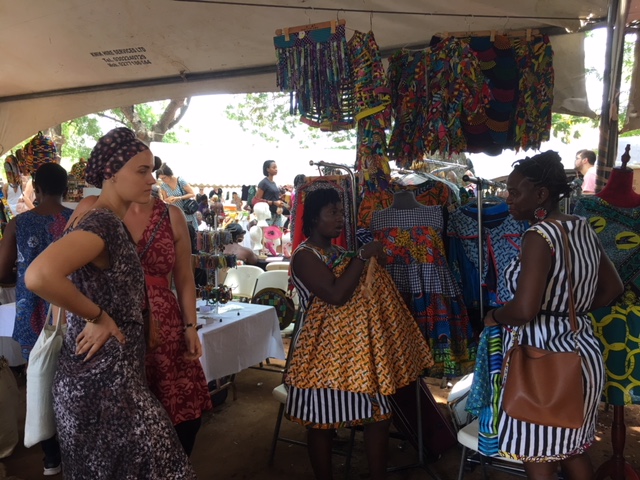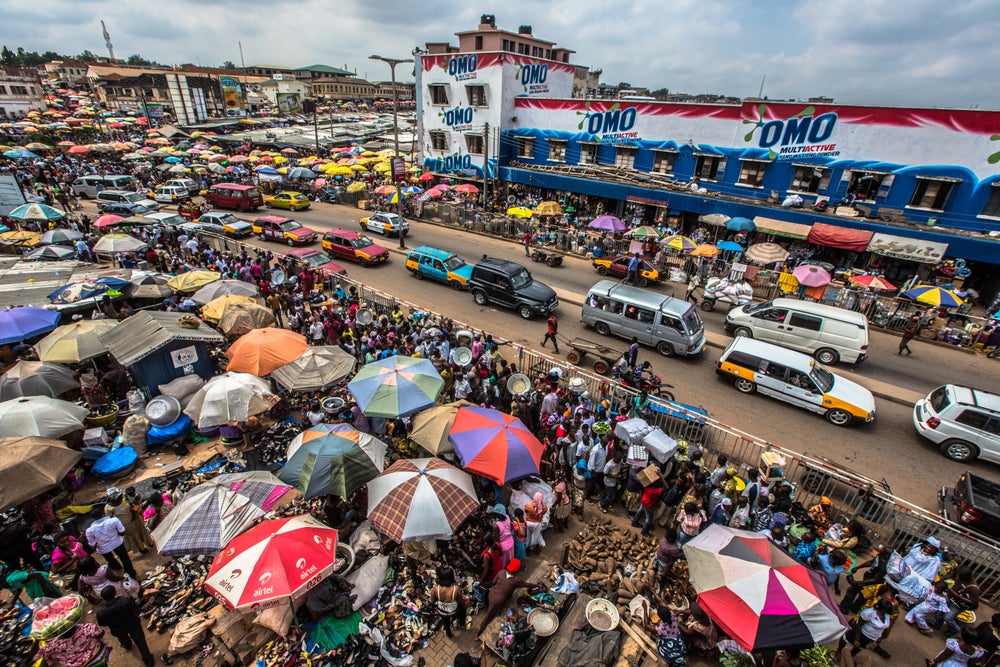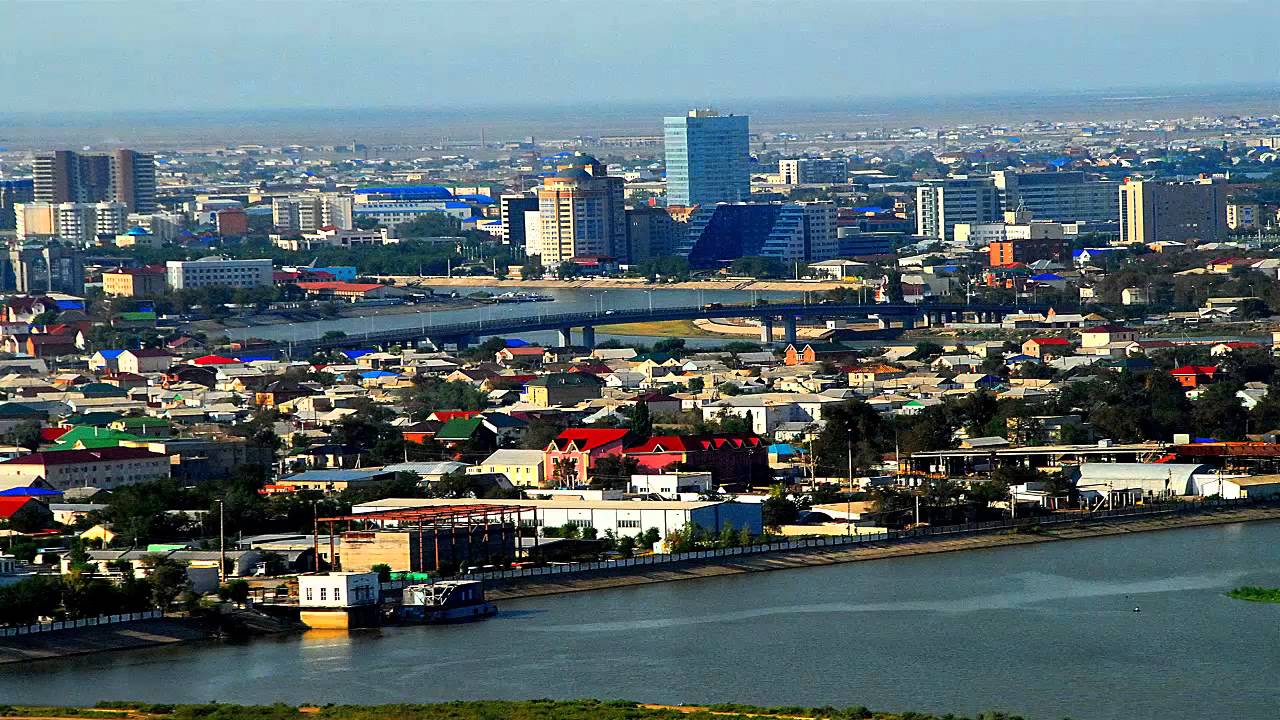Three countries in West Africa, Ivory Coast, Nigeria and Ghana between 2007 and 2017 recorded significant growth in wealth generation.
The amount of wealth held in Africa between the same period also rose by 13 percent.
According to an Oxfam report West Africa recorded the largest growth in this wealth.
Ivory Coast recorded 43 per cent growth, followed by Ghana, 39 per cent and Nigeria, 19 per cent.
The report said these increases in national wealth should have provided an enormous opportunity to improve the lives of the many.
Sadly that is not the case because much of it benefited only a select few and has been hidden away offshore and untaxed.

Tax incentives
ECOWAS countries according to the report lose an estimated $9.6 billion to corporate tax incentives offered to multinational companies.
That would be enough to build about 100 modern and well-equipped hospitals each year in the region or seven brand new hospitals per country in one year.
Governments of some of these countries in West Africa are refusing to spend in areas that benefits the poor.
The West Africa region has the least population with access to water and decent education in Africa.
Nigeria has the worst score on social spending, not only in Africa but in the world.

The report also signals the huge inequalities between men and women when it comes to jobs and economic opportunities.
West Africa is the most male-dominated region in Africa in terms of participation in the labour market.
Oxfam said there are widespread labour rights violations across West Africa with the informal sector is the main source of employment.
Informal workers, mostly women, live in precarious conditions, are poorly paid, sometimes far below the poverty line.

How to fix the mess
Oxfam is recommending that governments:
- Allocate a minimum of 20% of government budgets to boost universal public quality education that is free of charge, with a special emphasis on improvingaccess to high-quality primary and secondary education.
- Allocate a minimum of 15% of government budgets to fund a public health sector that is free of charge, universal, easily accessible and of high quality.
- Enact universal social protection programmes that are adequately funded and that benefit mainly the poorest people.
- Implement universal tax-based public services and social protection programmes. Do not use divisive poverty targeting or failed health insurance schemes.
- Increase tax revenues by collecting more from those who have more in order
to better fund basic social services.
Joel Akhator Odigie of the African regional organisation of the International Trade Union Confederation (ITUC-Africa) said “There is nothing inevitable about the inequality crisis in the West Africa region, and without radically increasing the commitment to reduce inequality, the crisis is likely to only worsen.
Governments can build a brighter future for everyone, including women and girls who are the most impacted by inequality – not just a privileged few.”
Source: Africafeeds.com


